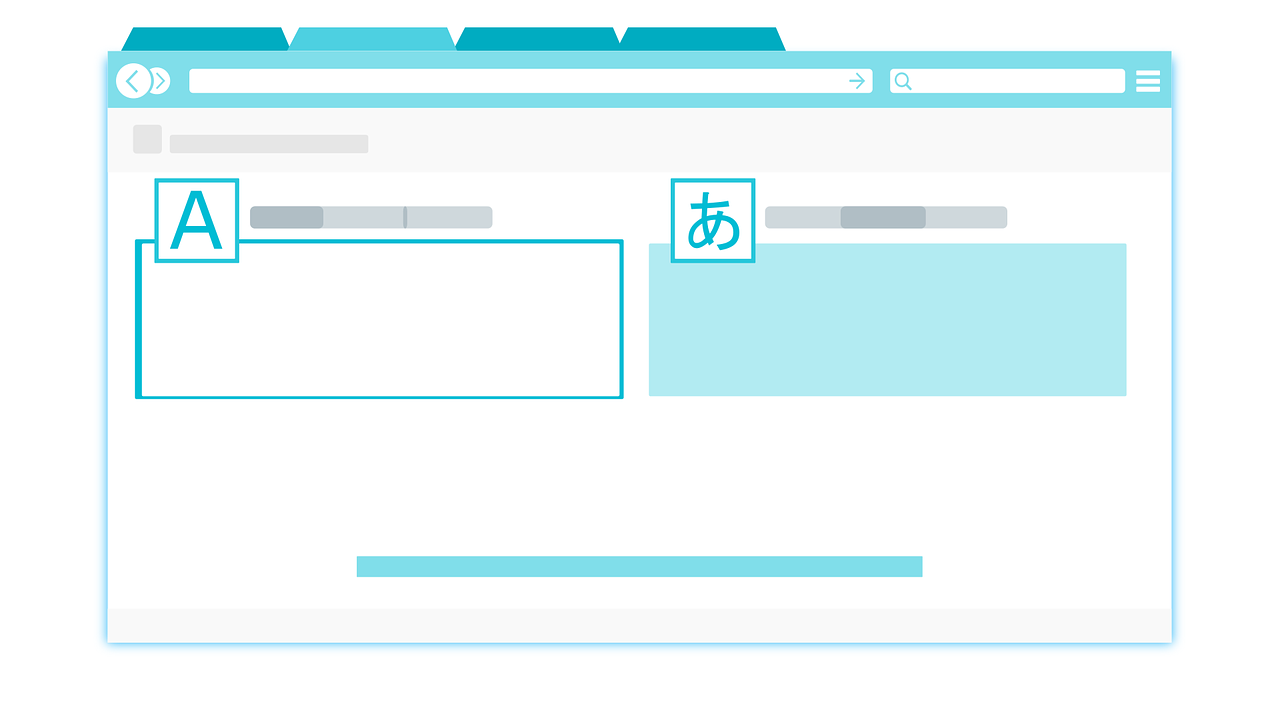When you enter that new life, a being of a student, one of the most exciting things about the nearest future is not hundreds of new books and pedantic professors, nor is it new exam sessions and midnight studying binges. Most of the time fun aspiring students get all pumped up about taking the next step of the educational ladder for the entirely different reason. We are talking about getting independence and freedom.
Young people are hungry for adventures and wish to taste all the goods fate provides them with, they want to enjoy life to the fullest and have as much joy as humanly possible! It’s great when kids are positive about their next four, five or six years, and picking the suitable alma mater is key to making sure they will get an unforgettable academical experience. What if you wish to turn it up a notch and leave your stomping grounds far behind?
Studying Abroad :
The grass is always greener on the other side, one never really likes it where he is. What’s the reasoning behind leaving your motherland and seeking a new life in an entirely different country? It’s not always about hating your place, but experiencing new feelings and exploring new things. Just like becoming a student, it’s cool to fantasize about the possibilities the new location possesses. You are almost guaranteed to get everything served to you in different ways. People, food, culture, language – everything is unique and unusual. If you are not scared of the culture shock or you have the utmost confidence that you will not even experience such thing then more power to you, just let us give you some tips that would help you put a marker on the destination X!
Things To Consider Before Moving :
To make a decision you won’t regret in a two weeks time, you have to carefully evaluate every country and city you are interested in making your new home. There’s a lot of things to weigh in. Being a student even in your local state is a big stress, but being one in the unknown territory is even tougher. It’s good to have buckets of positivity and hunger for fresh stuff, but don’t overestimate your power and abilities. Here are just eight simple things to run through before packing your bags!
- Pick a country you have already visited sometime in the past and liked it a lot, that way you will have some experience that will make your adaptation much smoother! Having distant relatives from other countries is super useful when studying abroad, as they can take care of you in case things get sour for you.
- Studying in a country where you can fluently talk to others is great. If you are not very good at picking up other languages, then opting for a place that has your language as one of its nationals is a very smart choice. A lot of European countries have two and three national languages, so finding a cozy place there makes sense.
- Go to a country where you will feel like a very rich person. If you ever watched the movie “Eurotour”, you might recall how the main characters threw a big party in Slovakia for a couple of bucks. Picking a cheap country where your funds will gain a lot of weight is not a bad shout, you just need to choose the educational facility with excellent credentials.
- Move to a country that is close to your heart. Some people are in awe of Asia, and they’re manically obsessed with visiting countries like Japan and China to taste the unmistakable atmosphere and fully embrace the overseas culture. If you have passions related to some foreign place, why not study there?
- Move to a country that is friendly to exchange and abroad students, as some places are very friendly and supportive of foreigners, while others are not so kind and understanding. Remember that leaving your own home country would mean getting out of touch for long stretches of time and being unable to receive help from other people, like parents or friends.
- Ensure the reputation of your chosen place is spotless. A rich and decorated history, lots of success stories and a positive record of student academical performances should be taken into consideration, as opting for a place that doesn’t treat abroad students well is a very bad idea that could break your student life.
- Culture is one thing, but the climate is a whole another matter. Moving to a new country means changing time zones and weather tendencies outside of your university and dorm walls. If you lived your life in a very hot place then residing for five years in a cold country may lead you to a prolonged depression. You can get accustomed to things, but feeling comfortable from day one is very important.
- Select a city that will somehow remind you of your home. No matter how much disdain you may feel for your current place, you will miss it a little bit after some time abroad. You can’t afford to cancel your course and return to your homeland after feeling out of place. Try to go to a place that has a lot of common things with the area where you spent most of your life.
Final Words :
Studying and living in a wholly new and strange setting can change you a lot, by the time you graduate from the university you will be an adult, so coming back to your own spot will be a real possibility. If you desire to study in a different country, you may as well plan on staying there for a lot longer than five or six years, preparing for the future is critical. Try to build a ten-year project to have a clear vision and confidence in your future. Have a great and enjoyable student life and travel safely!
Read Also :






















